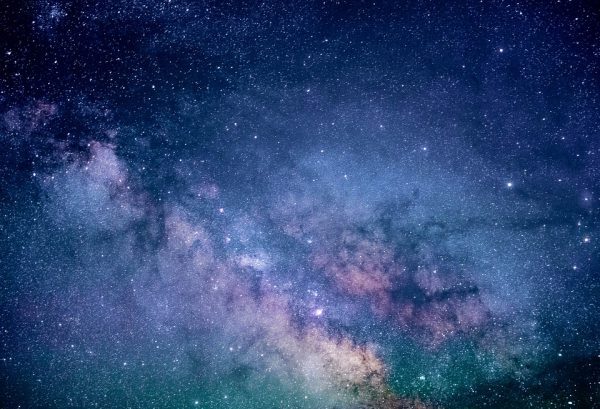
The stuff that makes up our universe is tricky to measure, to put it mildly. We know that most of the universe’s matter-energy density consists of dark energy, the mysterious unknown force that’s driving the universe’s expansion. And we know that the rest is matter, both normal and dark.
Accurately figuring out the proportions of these three is a challenge, but researchers now say they’ve performed one of the most precise measurements yet to determine the proportion of matter.
According to their calculations, normal matter and dark matter combined make up 31.5 percent of the matter-energy density of the universe. The remaining 68.5 percent is dark energy.
“To put that amount of matter in context, if all the matter in the universe were spread out evenly across space, it would correspond to an average mass density equal to only about six hydrogen atoms per cubic meter,” said astronomer Mohamed Abdullah of the University of California, Riverside and the National Research Institute of Astronomy and Geophysics in Egypt.


